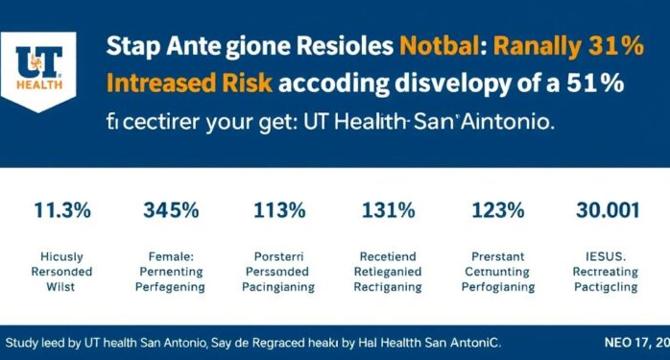Bioengineer
1d
157

Image Credit: Bioengineer
RECOVER Study Led by UT Health San Antonio Reveals Females Face 31% Increased Risk of Developing Long COVID
- Females face a 31% increased risk of developing long COVID compared to males.
- Women in the age bracket of 40 to 55 years reported the highest chances of experiencing long COVID symptoms.
- The RECOVER initiative, funded by NIH, examined over 12,000 participants to arrive at the conclusion regarding risks associated with long COVID.
- The study suggests that age, pregnancy status, and menopausal state play crucial roles for females in developing long COVID.
- The study highlights the need for tailored medical approaches for treating long COVID in females.
- The research points towards a collective need for policy-level changes in how health care is delivered to diverse populations.
- The gender differences delineated in this research prompt healthcare practitioners to re-evaluate their approaches to long COVID.
- Further exploration is encouraged to disentangle the complex web of effects leading to these gender disparities in long COVID experiences.
- Understanding how gender influences health outcomes will be invaluable in devising methods of prevention and treatment for long COVID.
- The research paves the way for more individualized healthcare interventions tailored to the distinct experiences of male and female patients dealing with long COVID.
Read Full Article
9 Likes
For uninterrupted reading, download the app